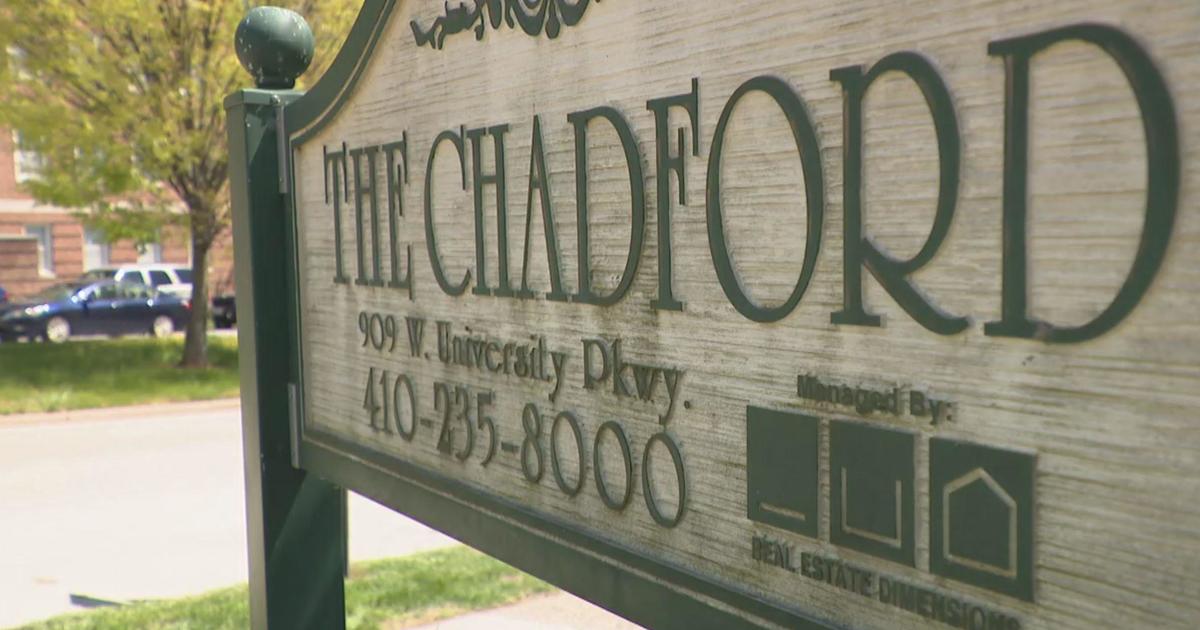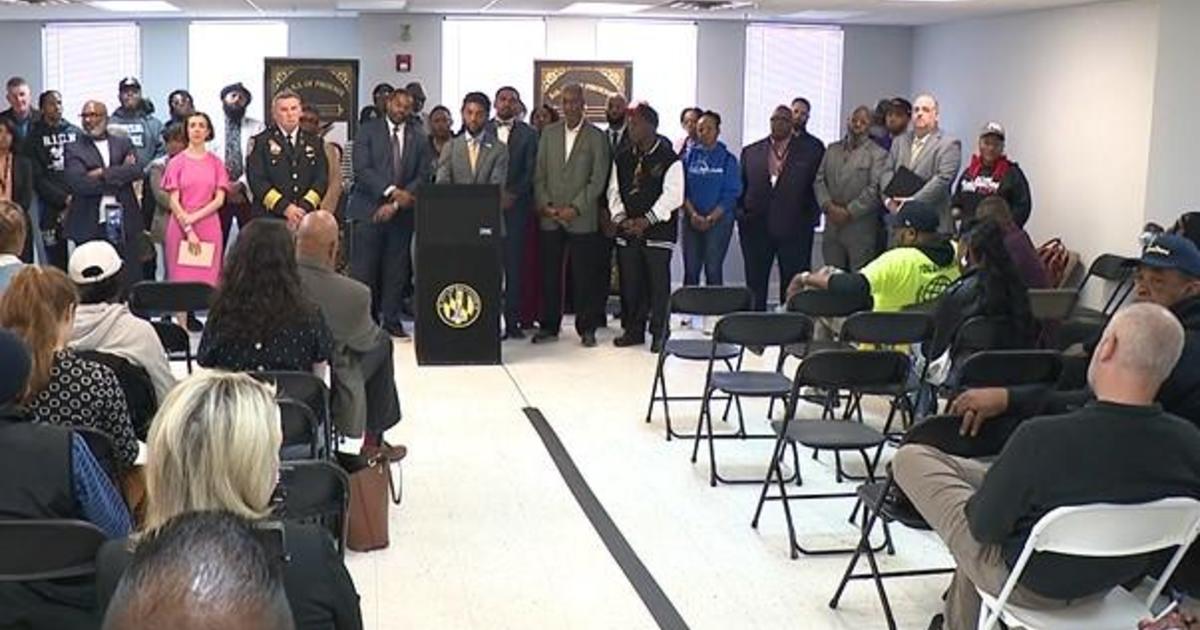Congress Turning To Social Media; Mail Use Declines
COURTNEY MABEUS
The Frederick News-Post
FREDERICK, Md. (AP) -- Maryland's U.S. congressional delegation spent more than $1.1 million sending official mail through the U.S. Postal Service, requiring only their signatures to reach constituents from 2010 through the first quarter of 2013, according to an analysis by The Frederick News-Post.
Called "franked mail," the practice is a privilege about as old as the legislative body itself. It is used by Congress to send official mail, most often in the form of a mass mailing of 500 pieces or more, Franking Commission spokesman Steve Dutton said.
"The frank is basically like a stamp," Dutton said. "It's their way of being identified as sending it out."
Since 2010, the House's member offices and committees have spent more than $57.1 million through the first quarter of 2013 -- which ended March 31 -- on franked mail, according to a summary of expenditures compiled by the Sunlight Foundation, a Washington-based nonprofit. A little more than $1.1 million of that was spent in this year already alone.
Franked mail from U.S. House members is scrutinized by the bipartisan Franking Commission before it is sent to make certain that it conforms to the rules. Members are barred from using the privilege for mailings beyond his or her elected district and can only use it for official business -- campaign materials cannot be franked, according to the manual.
"There are quite a few rules and regulations regarding how the frank is used," Dutton said.
Each congressional office reports how much it spends on franking as part of a quarterly expenditure report to the House Administration Committee, which has oversight of the body's day-to-day operations. The quarterly reports also include salaries, office equipment and other details about expenditures for each office -- from official franked mail to purchases of bottled water and newspaper subscriptions.
The money spent on franked mail from a congressional office comes out of each member's representational allowance, Dutton said.
"Everyone's different," Dutton said. "Some members do a lot of mail, others don't."
Maryland's congressional members' spending varies. Democratic Rep. Donna Edwards ranks No. 1 for her spending on the privilege at $235,244 spent since 2010. Edwards' spokesman, Dan Weber, declined to comment on the office's use of the frank.
The member who has spent the least on franked mail is also the person with the least tenure in office. Democratic Rep. John Delaney, whose 6th District includes parts of Frederick and Montgomery counties, has spent $73.94, according to the Sunlight Foundation.
"You can't send letters if you don't have letterheads," said Delaney's spokesman, Will McDonald.
McDonald said he expects that figure to grow as Delaney's office continues to grow, adding that he sees value in being able to reach constituents via a detailed letter on the congressman's stance on issues, such as immigration and health care. He said the office will also rely heavily on electronic communication "because of its lower cost."
"It is finite and it is the taxpayer's dollar," McDonald said of use of the frank.
Rep. Steny Hoyer served on the Commission on Congressional Mailing Standards, which wrote the most recent rules regarding use of the frank in 1998. Aside from Delaney, Hoyer's office has spent the least on the franking since 2010, for a total of $12,746.
Hoyer spokeswoman Mariel Saez said the Democratic congressman uses traditional methods to communicate with constituents and relies on in-person meetings, events and social media.
"While we do send franked mail pieces to constituents, for example, to educate residents and businesses on the benefits of the Affordable Care Act, most of our communication with constituents is done digitally," Saez said. "We find this is a more effective, cost-efficient way of reaching and engaging constituents."
Democratic Rep. Chris Van Hollen ranked No. 4 with his franking expenditures during the same time period with $167,305. Van Hollen uses the mail to keep up with constituents in his district, which includes parts of Frederick, Montgomery and Carroll counties, and also relies on public events and meetings, spokeswoman Bridgett Frey said.
"Congressman Van Hollen believes a key part of his job is communicating with and listening to the concerns of the people he represents, as well as keeping them up to date on his work in Congress," Frey said. "He is also committed to keeping families, seniors, and veterans informed about the services available to them."
Republican Rep. Andy Harris ranks No. 3 with his spending on franked mail at $179,519. Harris' spending on the frank began in 2011, the year he beat out Democratic Rep. Frank Kratovil, Jr. for the seat. Kratovil spent $106,157 in 2010.
Even though the frank is barred from use in the 90 days before a primary or general election in which the incumbent is a candidate and is also banned from campaign materials, use of the privilege represents "incumbent's advantage," Bill Allison, editorial director for the Sunlight Foundation said.
"Name recognition is important in elections," Allison said. "You can use taxpayers' money to let people know what you've been doing on their behalf."
Former Rep. Roscoe Bartlett, a Republican who served 20 years in the 6th District before being unseated by Delaney, spent $106,610 on franked mail from 2010 through March 31, 2013. Bartlett, who ranked No. 5 with his franking expenditure, could not be reached for comment.
Cuts in members' allowances has meant that offices have to rely a little more on social media to reach constituents, said Jaime Lennon, a spokeswoman for Democratic Rep. C.A. Dutch Ruppersberger.
Ruppersberger's office spent $73,784 on franking since 2010, ranking No. 7. While cuts have "affected our outreach," the office will still respond to constituents who reach out via the mail.
"We still have good percentages of our constituents using traditional mail," Lennon said.
Franking spending comes as Congress also deals with the need to reform the U.S. Postal Service, which reported a $1.9 billion loss in the second quarter of this year. While annual Congressional franking represents a fraction of the USPS' revenue, which was $65 billion in 2012, members may have to grapple with the future closure of offices in their districts. With other cutbacks possible, delayed access to constituents via traditional mail could become a drawback.
Even as social networks rise in popularity among members of Congress, they "want to be able to use the mail to be able to reach constituents," Allison said.
(Copyright 2013 by The Associated Press. All Rights Reserved.)



